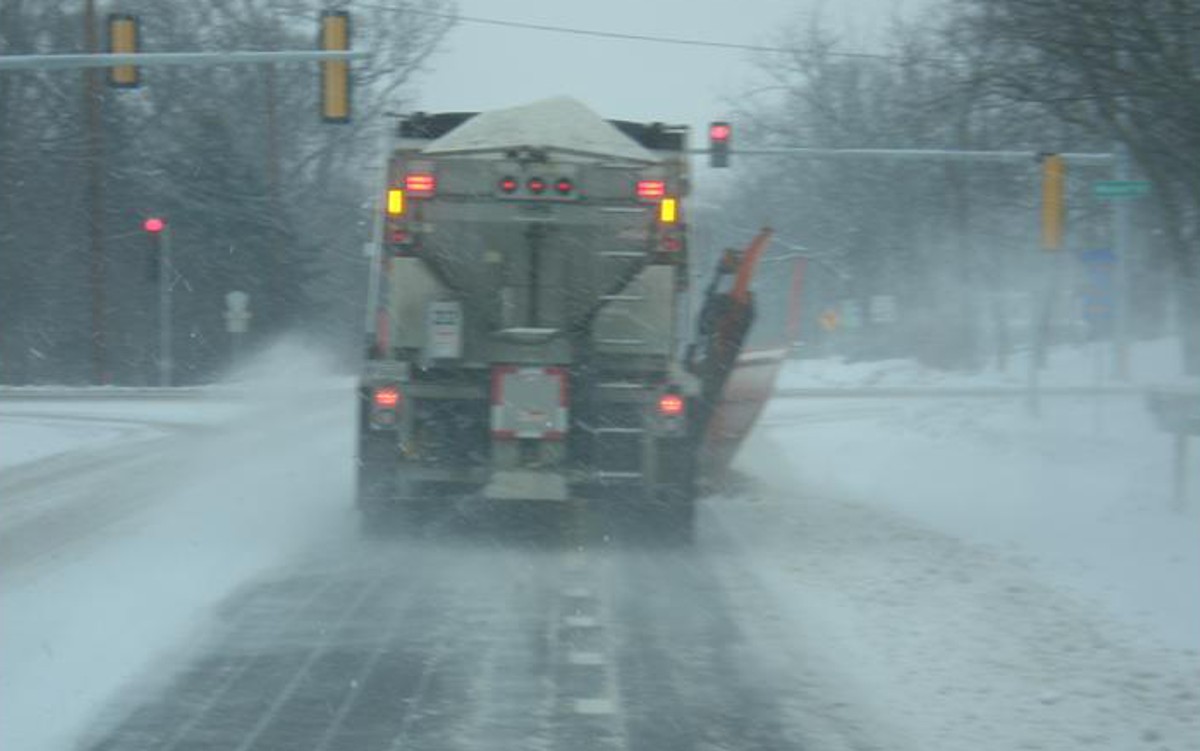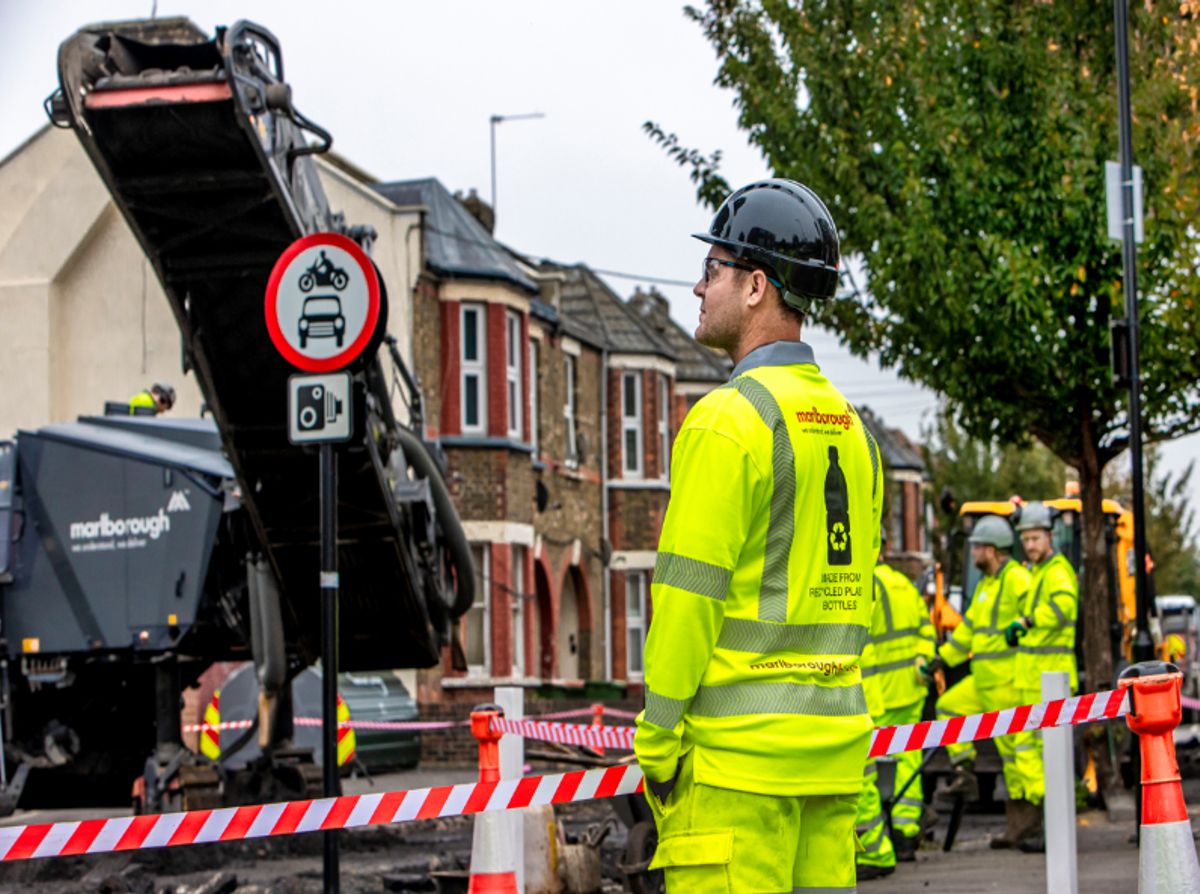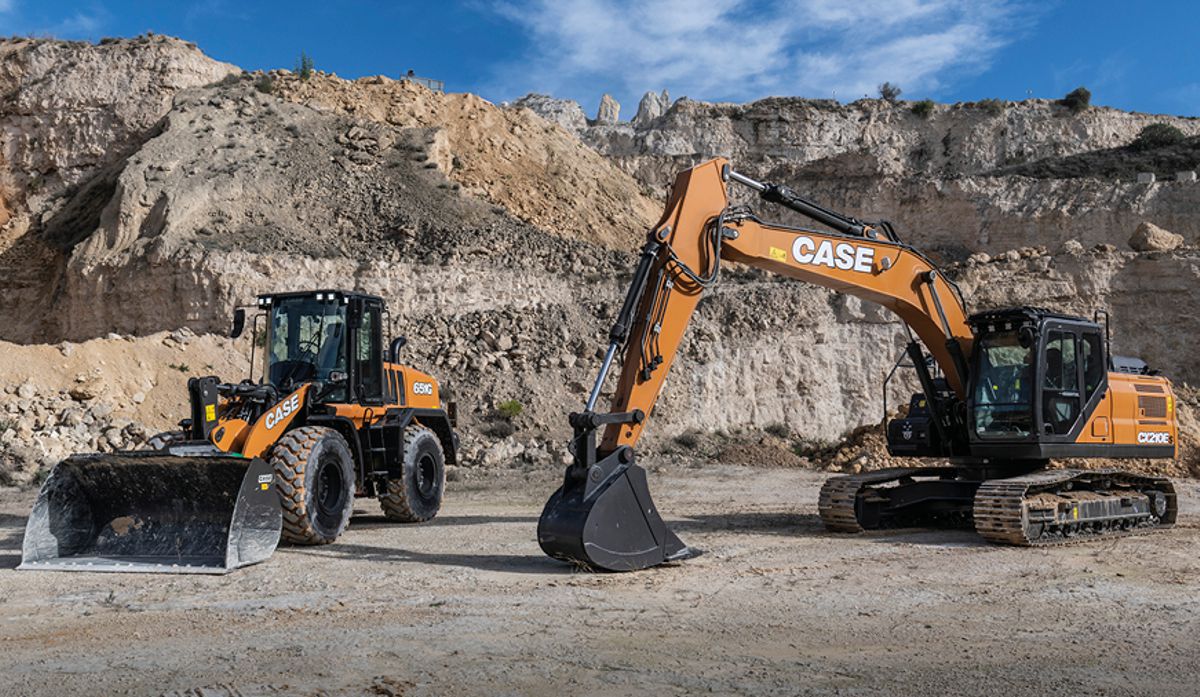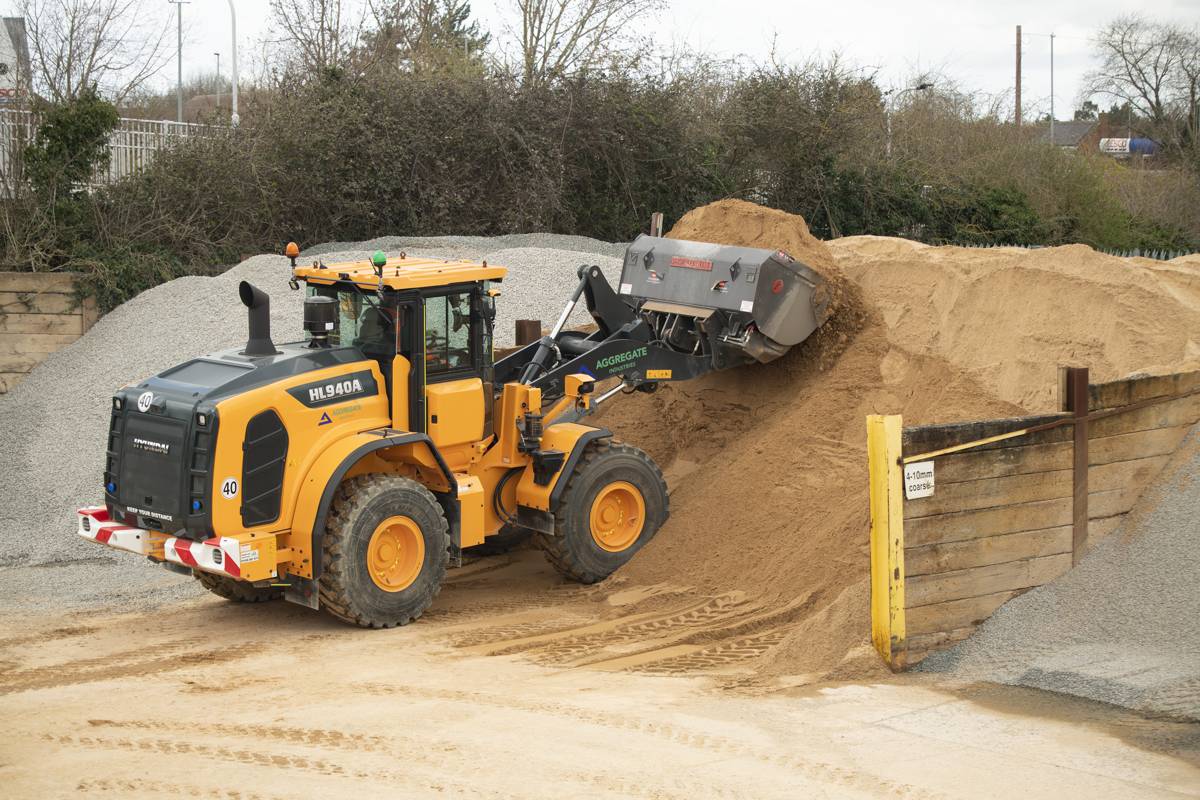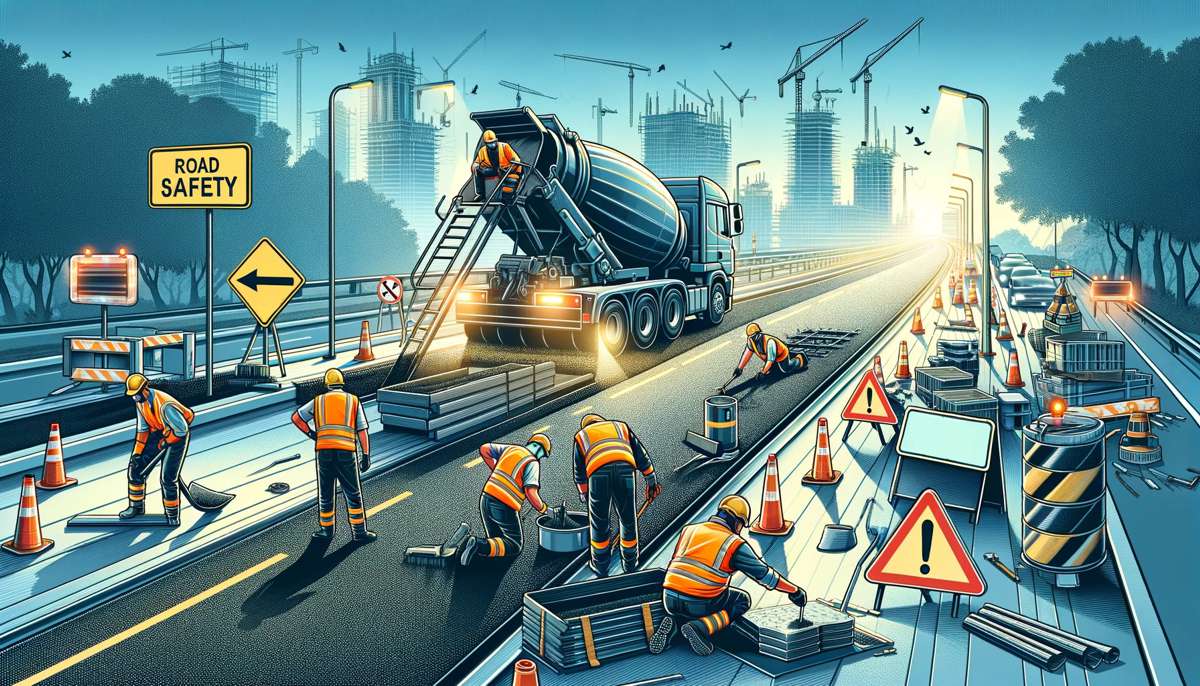Drop in British pothole numbers welcomed but not celebrated
News that the number of potholes on local roads in the UK has significantly fallen is welcomed but should not be celebrated said the RSTA (Road Surface Treatments Association).
New data obtained by the RSTA under that Freedom of Information Act by Insurance Emporium has found a 27% reduction in the number of potholes on the local road network from over 1 million in 2016 to 780,000 in 2018 as councils have carried out more repairs.
“Whilst local authorities, who are faced with long-standing and continued budgetary cutbacks, are to be congratulated in reducing the number of potholes, the fact is that potholes are a failure to undertake planned programmes of maintenance. A well-maintained road will not have potholes”, said Mike Harper, RSTA chief executive.
He continued: “Successive governments have failed to understand the economic and social importance of a well-maintained local road network and have failed to provide local authorities with the necessary assured funding to carry out planned programmes of maintenance. The result is that councils are playing a never game of pothole patch-up.”
Harper pointed out the economic folly of this approach explaining that: “Reactive maintenance in the form of repairing potholes is very expensive. It costs only £2m² to surface dress and proactively maintain a road but costs an average £52m² to repair potholes. Local Authorities need to have confidence to be able to plan a 5 year maintenance programme including prevention rather than cure, if we are to dramatically reduce the pothole epidemic.”
Regular planned programmes of preventive maintenance would significantly improve the road network. The 2018 Annual Local Authority Road Maintenance (ALARM) survey published by the Asphalt Industry Alliance found that rate of deterioration of the local road network is accelerating. 1 in 5 roads may need to be replaced within the next 5 years, it would cost £9.31 billion and take 14 years to bring the road network up to a reasonable standard.
Worryingly the survey also found that English councils have seen a marked decrease in road surfacing frequency reporting, on average, for all classes of road, a jump from once every 55 years, to once every 92 years. For unclassified roads the leap is even more pronounced – going from 87 years, last year, to once every 132 years. Figures for Wales also show a dramatic change, with a figure of once every 71 years now reported for the frequency of resurfacing for all roads.
“Patching up the road network and filling potholes is all very well, but had local authorities been able to invest in planned maintenance then the potholes would not have been there in the first place,” said Harper.



